Classroom Management: Theory A and Theory B
Jonathon Ryan
Students can rightly expect that the classroom environment will be conducive to learning. If other students are disrupting that environment, responsibility falls on the teacher to restore that equilibrium. But what's the best way to go about doing this?
Let's firstly narrow the scope of this question to teaching adults and older teens in language schools and tertiary education. That is, students who are investing time and money into their education. (I’ll acknowledge that I’ve heard the hair-raising experiences of one high school teacher in East London, who said she needed very different strategies from what I discuss below.)
Loosely following the educator John Biggs, I suggest that teachers carry with them one of two main theories of classroom management. Also following Biggs, let’s call them Theory A and Theory B. In Theory A, adult students are self-managing, inherently motivated, and respond best when they are treated respectfully. If you demonstrate a culture of respect, students will respond in kind. In Theory B, students have a propensity to act against their own best interests, to be disruptive, and respond best to firm authority. Give them an inch and they’ll take a mile.
I’m firmly with Theory A. In 25 years of teaching, I recall raising my voice just once, and even then I was performing being annoyed rather than actually annoyed. On the couple of occasions when there has been conflict between students, my philosophy has been to take the heat out of the situation. Conversely, I’ve seen the odd Theory B teacher really scolding and humiliating students, and in each case I've pretty been shocked at who was doing it and why they felt justified in doing so.
It probably mostly comes down to personal values, but I could also justify Theory A in terms of a critique of power and control. I’m not going to do that here. But I do want to argue that the practices of Theory B, such as being bossy and scolding students, are completely unnecessary. And I’m sure you’ll agree they’re generally undesirable.
I’ll present my case by way of analogy. When I was in my late teens, I was involved in organising and running some gigs around town. These were big, fundraising events for a fringe political group and we’d get hundreds of people along. At the first one, I found myself stationed on the door. Some menacing-looking older guys turned up and wanted to get in for free. I was 18 years old and not much more than 50kg dripping wet, completely outnumbered and with no back up within earshot. But I politely refused them entry.
They accepted it and moved away. Them and others. For the whole night.
I realised that it really didn’t matter who I was or what I looked like. I was the doorman. That was my role, and people knew I had to do what I had to do. As long as I wasn’t a dick about it, people would abide by the social norms that govern these things.
It’s the same with being a teacher. You walk into a classroom, and everyone knows that you’re the teacher. That’s your role. So, if you do the things (and only the things) that are sanctioned by that role, then the students will cooperate.
For instance, if you want to bring group discussions to a close, you can simply stand up and address the class at normal volume (loud and friendly is also fine); the students will stop and listen because that’s the norm. There’s no need to yell, and if you do, you’ll look fragile and unprofessional.
The same principles apply for just about everything else that counts as a norm in teaching.
That’s my take on classroom management. What’s your philosophy?
